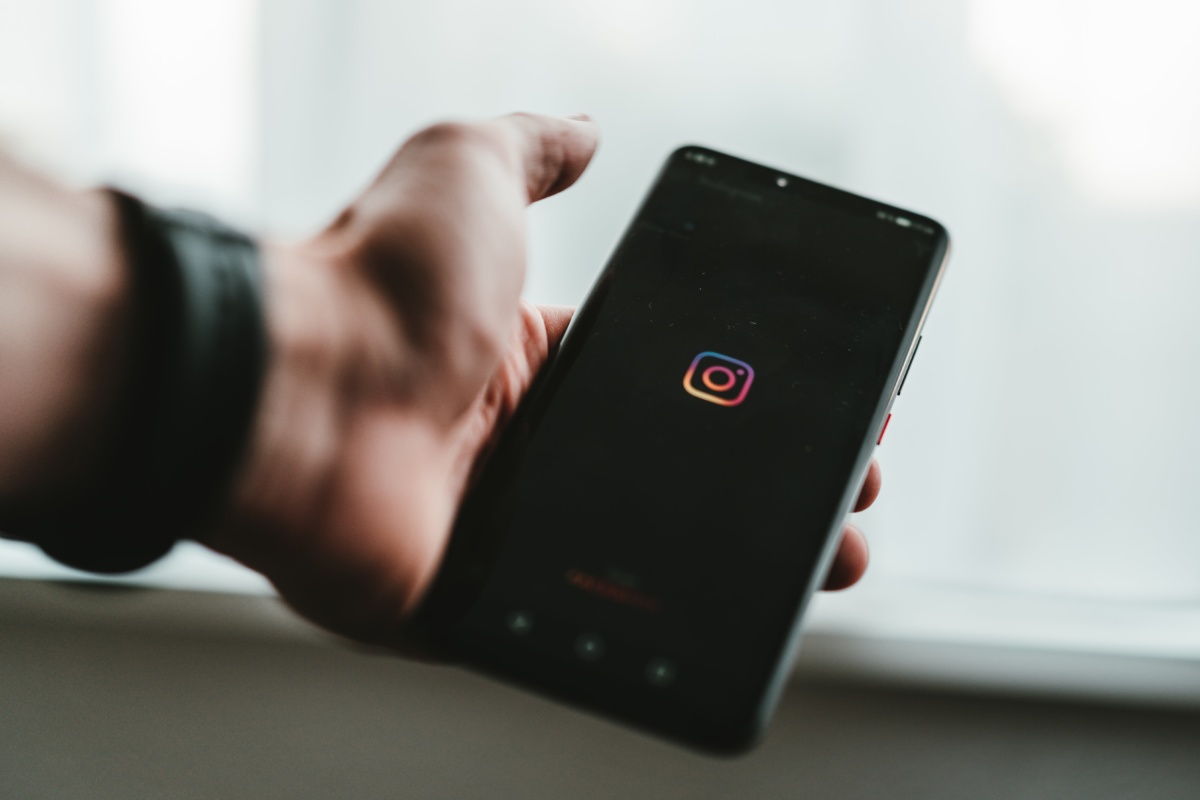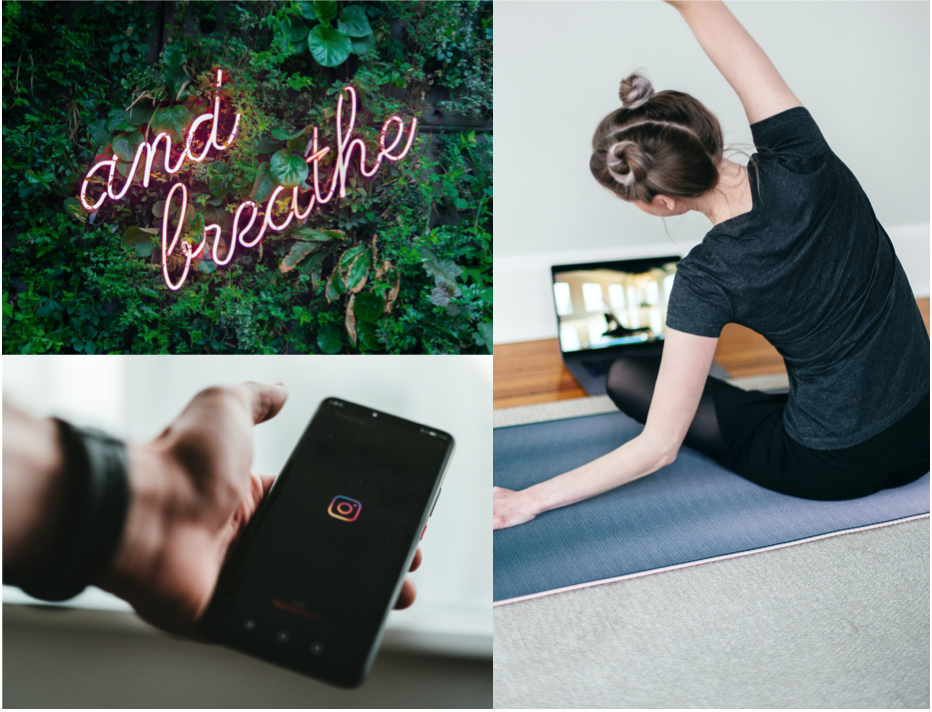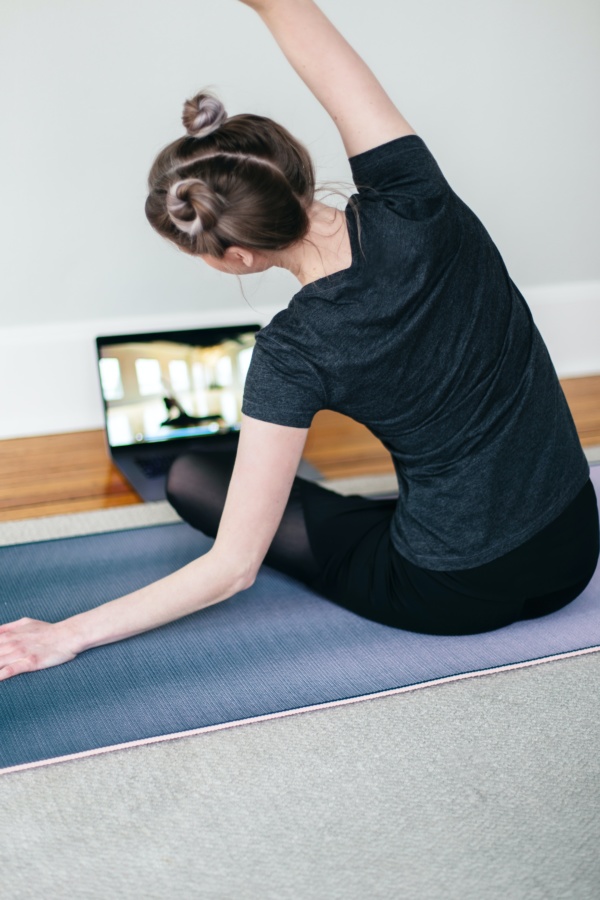A lot has been written and said about how the lockdown has forced universities to swiftly change their way of teaching, and how students and staff have been adapting to the new situation imposed by the pandemic. There is a specific sector of the university life that, during these months of lockdown, has proven its crucial importance: Sport.
The very existence of sports offices and the level of autonomy that they enjoy are strictly linked to that of the university overall, and to the degree of importance attached by each institution to sport. We had a chat with the sports offices across the YERUN network and what we noticed was that, in their specific strategies of adaptation, they have created a new role for themselves. COVID-19 has been showing us dramatically how important health is. Sports offices have therefore taken the role to promote a healthy lifestyle while staying at home, in a way that encompasses all dimensions of wellbeing, physical as well as mental; but they are also acting as important social connectors, managing to keep the community united despite the social distancing. Hereafter, we will walk you more in detail through what we have seen.
No gym? No problem, you can work out at home!
Obviously, due to the lockdown, sport offices and facilities had to close and competitions had to be cancelled, or postponed. Closing down for sport activities, however, does not mean that the facilities cannot be used for other purposes: the University of Essex, for instance, allowed the Essex Sport Arena at its Colchester Campus to be converted into a dedicated NHS clinic, backing back the national effort to fight COVID-19.
During the lockdown, the YERUN Sport Offices have made great use of different platforms where they have tried, as much as possible, to continue offering their services to their communities, allowing them to train from home. And, surprisingly, their activities even increased – along with the number of followers!
University of Antwerp created a Strava account where students and staff can share their running and cycling performances with each other. This online sports platform was launched through a closed Facebook group, which is exclusively accessible for students and staff with a valid sports card. The online offer consists of daily online group lessons (e.g. BBB, yoga, etc.), two-weekly e-sports tournaments (FIFA) and an online chess competition. The online offer is very popular within the student population and continues during the exam period.
“Everyone misses sporting live on our campuses”, says Peter Verboven, operation managers at the UAntwerp sports office. “Sweating all together in the sports hall, that’s something unforgettable. But our students are excited about the online initiatives. Hundreds of sports enthusiasts follow for example the BBB livestreams.”
Universidad Carlos III de Madrid has been offering every day at least one online activity via the ‘MyVitale’ app, which helps users decide which exercises can be done at home with their own material. Activities are very varied and depend on intensity (crossfit, Zumba, yoga, pilates, etc).
Physical and mental support can go to the internal academic community, as well to the external community. In Rome, the “Pink Ladies”, an association of women operated on breast cancer (which train on dragonboats), reached out to the Sport Office of Tor Vergata University of Rome, to ask for support in organising online classes and distance coaching, to keep doing their trainings, which they do mainly as post-operative rehabilitation.
.
.
Social media have become the new ‘gyms’, hashtags the biggest motivators

With the gyms closed down, social media have become the new, virtual place where people meet to stay fit and healthy. Facebook pages, Instagram accounts and YouTube channels managed by sport centres have seen a significant increase in the number of subscribers, which is an encouraging sign boosting sport offices to offer even more activities during the lockdown.
Those apps that until now where probably mostly used by sport enthusiasts are now used on a daily basis by the sport offices and the users: Technogym, MyVitale, MyWellness, are just a few examples. And hashtags have been extensively used as motivators, to keep spirits high, in line with the European Commission’s campaign #BeActiveAtHome and other similar motivational campaigns (e.g. #stayathome, #strongertogether , #trysomethingnew, etc.) that have been mushrooming in the last months.
At Maastricht University, gym members have access to the ‘MyWellness’ app from ‘Technogym’ and they are provided via QR codes several home workout schedules. The university’s Sport Office has an Instragram and a Facebook page, as well as an online platform ‘Fitsnacks.tv.’ (in Dutch) with videos of various group classes and other lifestyle/sports related subjects. The platform can be accessed via web browsers or downloaded as an app.
University of Konstanz is equally offering activities online, also using live streaming via Zoom. The recordings are then made available on the YouTube channel of the university. The campaign #trysomethingnew encourages followers to do new exercises that they can do at home as well as healthy recipes.
.
Sport Offices care about wellbeing at 360°

Probably the most interesting change we have observed concerning the nature and activity of sports offices, however, is the fact that they have evolved into becoming true points of reference for the overall wellbeing of students and community in general. Not only do sport offices now offer sport activities, but they also provide virtual platforms where to share information on recipes, good habits, mindfulness and meditation activities, sophrology and other tips&tricks on how to deal with lockdown stress.
For example, on April 1 the University of Antwerp launched the online platform www.fromyourkot.be . ‘Kot’, a typical Flemish word, means ‘student room’. With this online platform, UAntwerp wants to stay in touch with the students, offering them tips & tricks for students on how to cope with stress, how to deal with being alone at home, how to make rice pudding… We organize a couple of live streams every week, and of course we don’t neglect the sporting aspects of student life.
Also at NOVA University Lisbon social channels such as Instagram, Facebook and YouTube are providing a platform where students keep engaged and share healthy cooking recipes. The Sport Office is also regularly publishing interviews with athletes and lecturers to share their experiences, and launched online quizzes about sport in general. They even organised a live concert by athletes with a passion for music.
Tor Vergata University of Rome opened a daily programme on Facebook, Instagram and YouTube in which they interview trainers to share their training tips, lawyers to clarify the legal aspects of the situation, nutritionists to share good eating habits, and psychologists to share some mental support.
And for those who simply miss the feeling of ‘competition’, they also organised two online tournaments: a chess tournament, played on chess.com platform, with an interest from 18 players; and a sailing online tournament, in partnership with a sailing centre, on a platform called “virtual Regatta”.
Similarly, University of Essex has developed e-sport tournaments in response to lockdown. The NBA 2k tournament attracted students and alumni from around the world. The university is home to the Essex Rebels basketball club, with the women’s team competing in the WBBL Championship and the men’s team just winning Division Two (South) in the National Basketball League, so the tournament gave everyone a chance to stay engaged with the sport during lockdown with some games featured on game streaming service Twitch.
The light at the end of the tunnel: reopening plans
Let’s face it: despite all the lessons learnt during lockdown, and despite the high level of adaptation that everyone has shown in different domains, most of us are looking forward to going back to face to face activities, especially when it comes to sport. Sports offices have been working on detailed reopening plans, that will take into account the safety measures on distancing and hygiene.
At Tor Vergata University of Rome, sport activities will open again from beginning of June, on open air space only, with delimited zones, a “Covid manager” to ensure the respect of all the sanitary measures (from measuring body temperature, to ensuring hygene of tools used by athlets). All coaches have re-scheduled their training programmes, according to health prescriptions. Two new sport sectors were launched during lockdown period: “Chess club”, and “Pole dance course” (starting on June 7th).
Reopening ensuring distance obviously requires a very detailed planning and a strict booking system. Dublin City University has developed a very detailed reopening plan – following specific directives from the Irish government: on May 18th the gulf courses can reopen; June 8th people will be able to train in groups of four; July 20th swimming pools will reopen. DCU has a 25 meters pool and they have calculated that to ensure distance, only 20 people can use the pool in each turn. They have therefore set up a booking system in order to allow rotations of 20 people per turn. On August 10th they will reopen the gym.
Similarly, at the Autonomous University of Barcelona, following governmental recommendations, sport offices will be allowed to work with 30% of the people they usually work with. They have therefore created a virtual tool to reserve a spot before entering the sport facilities, and machines will be demarcated in order to space people out.
One thing is sure: that thanks to the proactiveness and engagement of sports offices, going back to doing sport will be less painful than it would have been without their great commitment.











